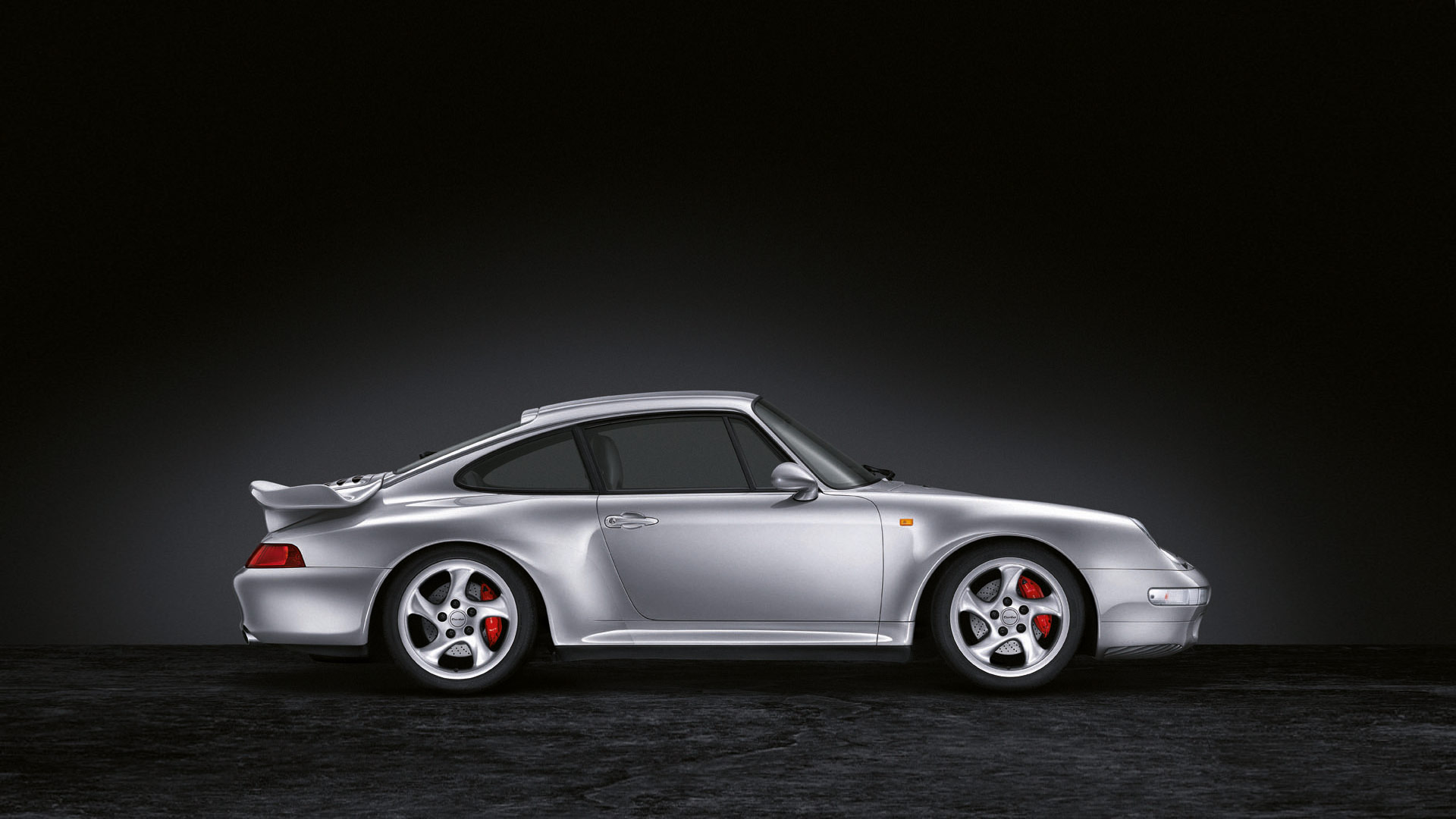1948
356/1: The Porsche type 356 "No. 1" Roadster
1948 saw the birth of the



1948 saw the birth of the

The then

The young sports car manufacturer,

From 1953 onwards,

Just eight years after the

In 1960, the Spyder – now called 718 RS 60 – was given an increased displacement. The 718 RS 60 delivered the greatest successes to date, particularly in long-distance racing.

In Formula 1, the


Although officially named the

Following an objection by Peugeot, the new sports car 901 was quickly renamed the 911, entered series production and began a long and successful history that still shapes the identity of the



Presented as the ‘Safety Cabriolet’, the

Following the previous year’s success of the

In 1967, the


The mid-engine VW-

In 1970, the 917 not only gave



The

The

At the height of the oil crisis,

With the 924,


The

A typical feature of the 936 Spyder optimised for the 1977 World Championship: the large air intake above the cockpit and the high tail fins. At its first attempt, the

Conceived as the successor to the 911, the

The

The 956 was the first

With 25 Grand Prix victories and three World Championship titles, the extremely durable

Besides the Manufacturers` World Championship title,

The 956 served as the basis for the 962. The aerodynamics were modified and it had a 2,869-litre displacement and two-valve horizontally-opposed engine fitted with just one turbo charger.



Based on the 911, the

In the 25th anniversary year of the 911,

Like its forebear, the 356

The 968 heralded the final development stage of the

At the Detroit Motor Show, the study for a roadster with a horizontally-opposed mid-engine was displayed: the



A twin-turbo was used for the first time in the 911

The 1 millionth

Under the motto ‘Evolution 911’, the new generation of the 911 was powered by a water-cooled four-valve 6-cylinder horizontally-opposed engine for the first time.

With the 911 GT1,

In 1999, the 911 series was rounded off with an exceptionally sporty version: the 911 GT3.

At the Louvre in Paris,

The new 911 GT2 was equipped with the PCCB




Series production of the

With its oval headlights and additional lights in the front apron, the new 911 generation continued to reflect the traditional 911 design.

In 2006, the RS Spyder won the driver, team and manufacturers' championships. The highlight: its double victory over the more powerful LMP1 class in Mid-Ohio.

At the IAA, the

With the new

At the Geneva Motor Show,

The

90% and therefore almost every component of the 911 was new or fundamentally redesigned. This was our way of doing justice to the legendary 911.

The 918 Spyder set a Nürburgring lap record: the hybrid super sports car was the first road-approved car to complete a lap in under 7 minutes - in 6 minutes and 57 seconds to be precise - shaving 14 seconds off the previous record.


The

The mid-engine

Earl Bamber, Nico Hülkenberg and Nick Tandy in the 919 Hybrid were the first to see the chequered flag and clinch the 17th overall victory for



Green light for an electric future: at the IAA, the first all-electric four-door concept study,

A new recreational athlete joined the range of

Bearing the new names, 718

With a limited production run of 991 units, the 911 R was a purist featuring a 368 kW (500 hp) 4-litre horizontally-opposed and naturally-aspirated engine and six-speed sports manual transmission. Entirely in keeping with its historic predecessor.

The new generation of the

The


After three consecutive overall victories, the 24h of Le Mans trophy found a new permanent home in the

From 0 to 100 km/h in 3.4 seconds, total system output of 500 kW (680 hp), top speed of 310 km/h. A new dimension for saloon cars.

The 911 GT3 with Touring Package has manual transmission and is aimed at those who love premium sports cars and have a penchant for understatement and traditional driving pleasure.

New engines, new chassis, innovative operating concept, improved connectivity: in future, the

Style icon and the unmistakeable face and heart of the

The 911

A pure sports car with a powerful 4.0-litre six-cylinder horizontally-opposed and naturally-aspirated engine at the rear producing 383 kW (520 hp) for genuine motorsport enthusiasts.

The

As part of its motorsport reorganisation,